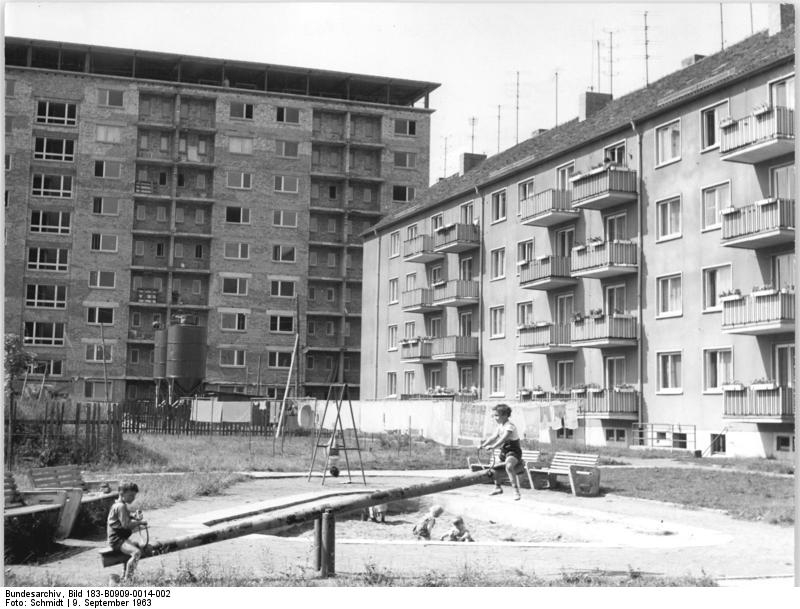Completed PhD project
Within this PhD project, the socio–economic situations of East German employee households from 1980 until 2000—thus embedding the epochal break of 1989/90—were researched. By focusing on material resources (household income, housing situation, saturation with technical consumer goods), the key determining factor for social inequality wanted be examined.
Therefore, data about the main social–economic indicators were be compiled by recourse to material produced by statistical authorities and sociological establishments of the former GDR as well as data collected after 1989/90 (for instance from the German Socio–Economic Panel Study (SOEP)). The next step was to connect the data to coherent time series for the eighties and nineties in East Germany.
These data series were analysed within the framework of economic, social and political changes in the period under scrutiny in order to explore interdependences between overall societal factors and the development within employee households. Consequently, determining factors of social situations and inequalities—on both macro–level and micro–level—could be identified.
While combining methods of social research and history, the knowledge about socio–economic processes of East Germany’s transformation could be expanded. Not least, a contribution towards understanding today’s problem situations in East Germany will be made.


